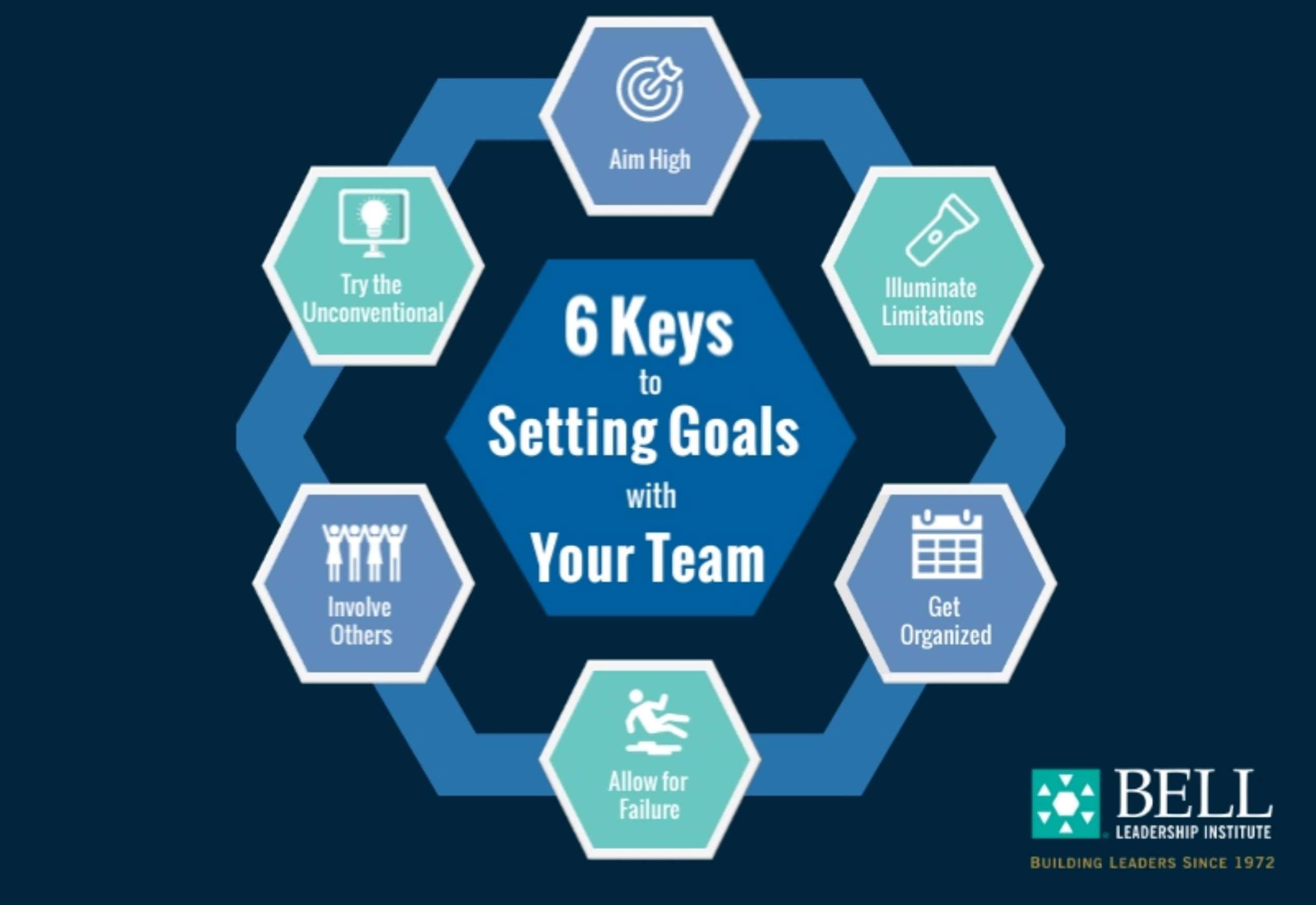UNDERSTANDING LEADERSHIP
Six Keys to Setting Annual Goals with Your Team
With the right approach, annual goal setting can be one of the most beneficial practices you undertake with your team.

A new year is fast approaching, and it’s likely that most of us have setting annual goals with our teams on our to-do list. As you begin making plans for making plans, keep these six key considerations in mind for a well-rounded approach to achieving your desired results in 2025.
About
As a new year approaches, the excitement of fresh beginnings often stirs ambitions within teams to set meaningful annual goals. Here are six keys to not only guide your goal-setting efforts but also enhance alignment among team members.
With the right approach, annual goal setting can be one of the most beneficial practices you undertake with your team. Ending your year by reflecting on what has happened and making plans for what is to come will set the next phase of your business up for success. And remember, it’s not just about what you want to accomplish, but who you want to be while doing it. As you set your aspirations for the coming year, Bell Leadership wishes you a happy, successful, and contributory 2025.
1. Aim High
Goal setting is a time to infuse some energy into your plans. Set stretch goals that might be a bit ambitious but still doable with concerted and motivated effort. List the things you’re excited about accomplishing, even if some of them might be a farther reach. The extra challenge could spur you and your team to even greater success. .
2. Illuminate Limitations
While it’s important to aim high, it’s equally important to be clear sighted about possible limitations. Transparency about limited resources or staff capabilities as well as possible obstacles to success will make annual planning more productive and the goals more attainable. Being honest about the absolute no-go projects for the coming year will keep expectations in check and help your team focus on the most valuable and meaningful goals.
3. Get Organized
It’s great to make a list of all the things you want to accomplish, and it’s even better if you can prioritize them and outline the necessary details and steps to make them happen. Try to include the tools, skills, timelines, materials, approvals, and anything else that you might need to make your plans a reality. Knowing all your necessary resources ahead of time will make the implementation of your plans go much smoother.
4. Allow for Failure
Not all our best laid plans will come to fruition. Forgiving yourself and your team ahead of time for some inevitable shortcomings will make things a lot easier on everyone involved. This doesn’t mean forgoing the motivation to succeed; on the contrary, it allows for viewing any possible failures along the way as learning opportunities rather than a reason to give up. Creating a safe space to occasionally fall short will give room for taking chances and aiming high without a paralyzing fear of failing.
5. Involve Others
It is not productive to plan or work in a silo. Everyone makes plans that affect the work of others, so it just makes sense to include those others in your goal setting. No one can do everything alone, and planning for involvement from your colleagues while aligning your respective goals for the year will help ensure more successful, collaborative projects that everyone can fully support and be excited about from the start.
6. Try the Unconventional
It’s inspiring to put something different out there that you’ve been wanting to try. Adding a new technology or system could inspire new accomplishments for your organization. Experimenting with fresh ideas and methods of achieving your goals inspires innovation. Don’t be afraid to do something unconventional in the year ahead.
Your Talk to a Bell Leadership expert.
Ready to dramatically improve your leadership results like so many of our clients?
Recent News and Insights
Six Ways to Deliver a Phenomenal Presentation
The task of sharing a message in front of an audience can be exhilarating for some and intimidating for others. Thankfully, there are reliable steps you can take to increase the likelihood your message will be well received by any audience.
The Power of Personality
Dr. Gerald D. Bell, founder and CEO of Bell Leadership Institute, conducted extensive research across various industries, surveying thousands to identify the traits of the best and worst leaders. He discovered consistent patterns in their personalities and behaviors, leading to the development of the Bell Leadership Achiever Model.
You are Great and Getting Better
Accepting yourself as you are today doesn’t mean settling; it means honoring the person you’ve become while investing in the person you’re becoming. When setting your personal goals for this year, think in terms of “great and getting better” and consider these guidelines.



